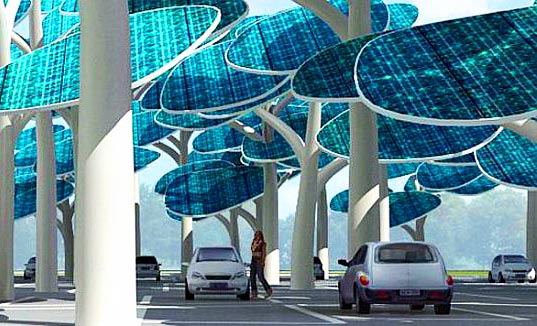The changing real estate landscape will have substantial implications for the real estate investment community, which have been highlight below.
1. The global investable real estate universe will expand substantially, leading to a huge expansion in opportunity, especially in emerging economies.
World population growth and increasing GDP per capita will propel this expansion. By 2020, investable real estate will have grown by more than 55% compared to 2012, and then will expand by a similar proportion in the following decade.
- By 2050 the world population will be 9.3 billion
- By 2020, emerging markets will dominate the world’s top five economies
- By 2025, emerging markets will host 60% of global construction activity
2. Fast-growing cities will present a wider range of risk and return opportunities.
Cities will present opportunities ranging from low risk/ low yield in advanced economy core real estate, to high risk/high reward in emerging economies. The greatest social migration of all time will drive the biggest ever construction surge.
- By 2050, the urban population will increase by 75% to 6.3 billion
- By 2025, there will be 37 ‘megacities’
3. Technology innovation and sustainability will be key drivers for value
All buildings will need to have ‘sustainability’ ratings, while new developments will need to be ‘sustainable’ in the broadest sense, providing their residents with pleasant places to live. Technology will disrupt real estate economics, making some types of real estate obsolete.
- In 2017, the global social network audience will total 2.55 billion
- With a fast-growing population, by 2030 we’ll need:
– 50% more energy
– 40% more water
– 35% more food - By 2050, there could be 200 million environmental refugees worldwide
4. Collaborating with governments will become more important.
Real estate managers, the investment community and developers will need to partner with government to mitigate risks of schemes that might otherwise be uneconomic. In many emerging economies, governments will take the lead in developing urban real estate and infrastructure.
5. Competition for prime assets will intensify further.
New wealth from the emerging economies will intensify competition for prime assets; the investment community will need to think laterally to earn attractive returns. They might have to develop assets in fast-growing but higher risk emerging economies, or specialize in the fast-growing subsectors, such as agriculture, retirement, etc.
- The global stock of institutional-grade real estate will expand by more than 55% from 2012 to 2020
- Asset management assets to rise almost 60% to US$101.7trillion by 2020
- Alternative asset allocation expected to grow 30% by 2020.
6. A broader range of risks will emerge. New risks will emerge.
Climate change risk, accelerating behavioral change and political risk will be key.







